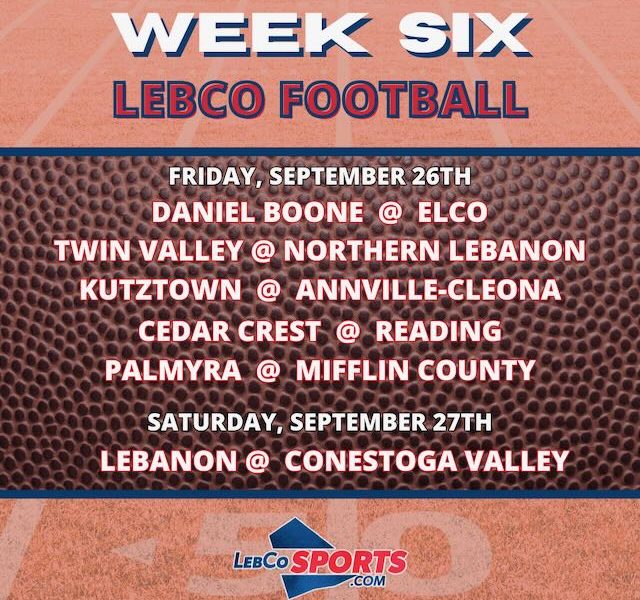By Robert Griffiths
With over 25 years of high school coaching experience in Toms River, NJ, South Lebanon resident Griffiths brings his insight to provide perspective.
While Coach Griffiths was unavailable to write a full breakdown this week, he shared his thoughts on the decline and impact of teachers who double as coaches.
If you like this type of coverage, please let us know by Following us on social media: Twitter/X – @lebcosports1 and Facebook.
For any questions, comments, or discrepancies, please reach out to dan@lebcosports.com.
The Decline of Teacher-Coaches in High School Sports
There was a time when a high school coach knew their players not just as athletes, but also as students. Fail a math test, miss a homework assignment, or get sent to the office for a disciplinary issue, and your coach knew about it—and had ways to reinforce the importance of responsibility and self-discipline that very day at practice. High school coaches understood their athletes as students because they were teaching in the same building, communicating daily with teachers, and staying informed about classroom performance.
For generations, high school sports meant being coached by teachers who worked in the same school. Today, however, only 50% of school-based coaches are teachers, according to the National Coaching Survey, with the remainder coming from other professions.
Historically, teachers were often hired partly for their ability to coach. That model has become more difficult due to today’s teacher shortage. In the past, hiring decisions also considered applicants who could serve as advisors for school clubs. Those with experience in theater, music, chorus, yearbook, cheerleading, and other extracurriculars were highly valued. The perception that only physical education teachers could coach was never entirely accurate—coaches also taught subjects like history, math, and science.
This is not a question of the coaching ability of non-teacher coaches, but rather a reflection of the concerns that arise as teacher/coaches become increasingly rare.
So why do teachers take on the added responsibility of coaching? The National Coaching Survey identifies several motivating factors. Many teacher/coaches return year after year for the “love of the game” and the chance to teach skills and tactics essential to success. They also value the opportunity to instill life and leadership skills in their athletes, and they see their efforts contributing to positive academic outcomes, including educational persistence. In short, coaches continue because they feel they are making a meaningful impact on young people, both in the classroom and on the field.
At the same time, there are challenges that contribute to the decline of teacher/coaches. Survey respondents cite a lack of resources to support teams, unmet equipment needs, insufficient pay, transportation difficulties, limited administrative support, and mounting pressures on high school sports.
Having a teacher serve as a coach is widely considered the ideal scenario. To retain teacher/coaches, schools must invest in resources that help alleviate the unique stresses of coaching. As legendary basketball coach John Wooden said, “A good coach can change a game. A great coach can change a life.”

Last Edition: Coach’s Corner – Insights on LL League Football, Week 5 Predictions
2025 LebCo Football Schedules




















